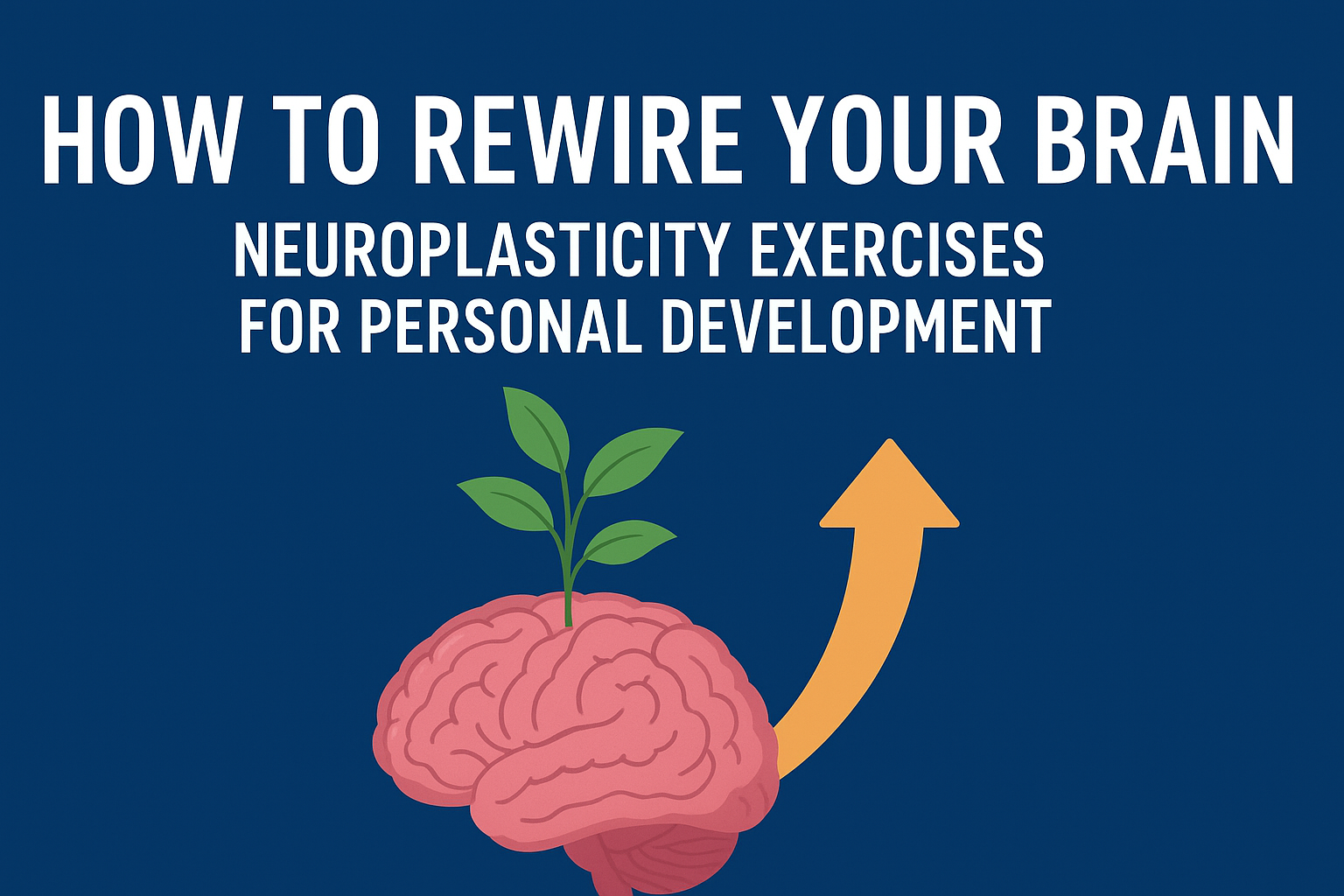Daily Routine for Highly Sensitive Person: A Gentle Path to Thrive
A calming daily routine for highly sensitive person that supports emotional balance, energy, and inner peace. This gentle guide helps you thrive every day. Have you ever walked into a room and instantly felt the tension—without anyone saying a word?Do loud noises, chaotic schedules, or heavy emotions leave you drained while others seem perfectly fine?If … Read more





